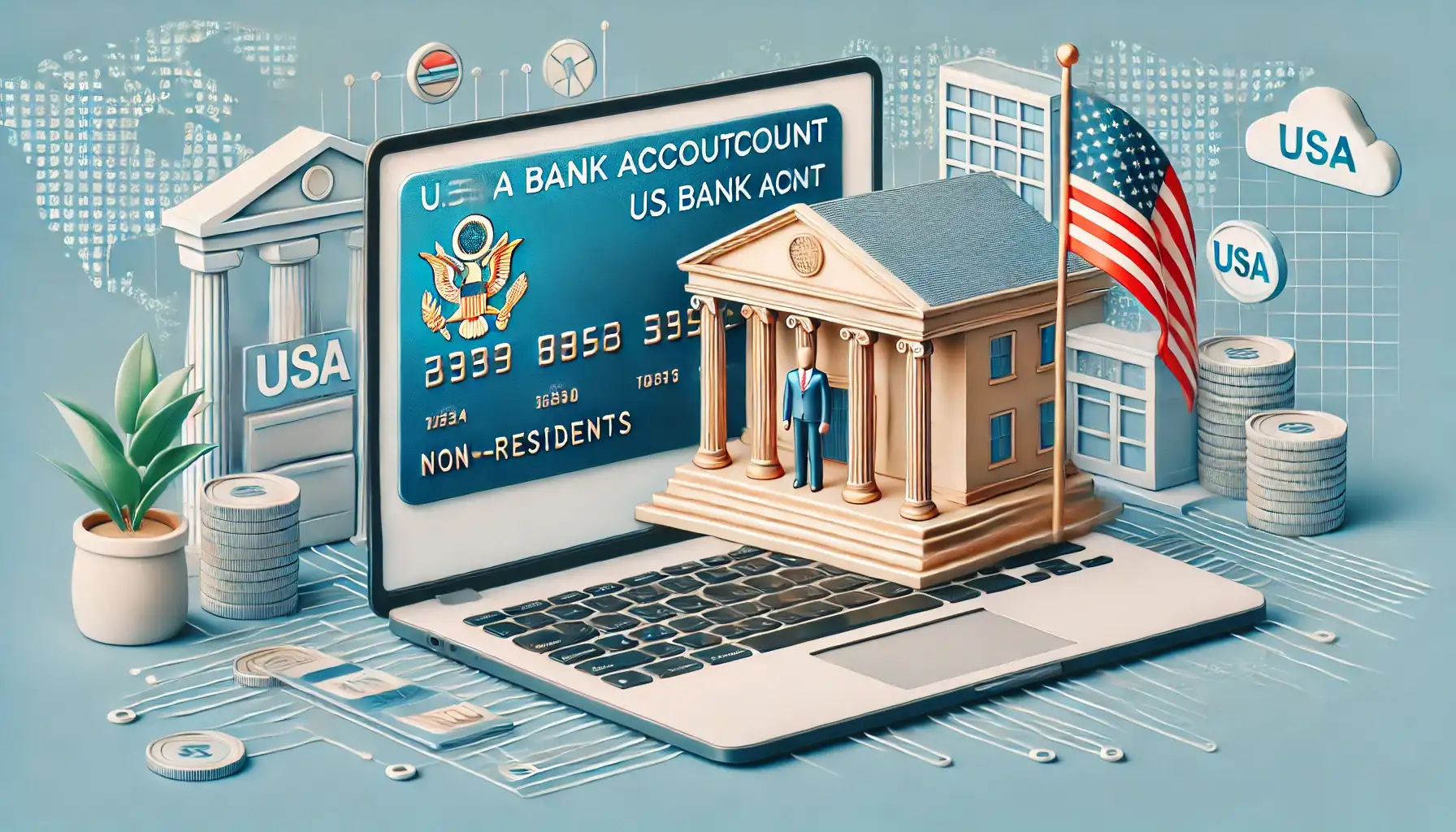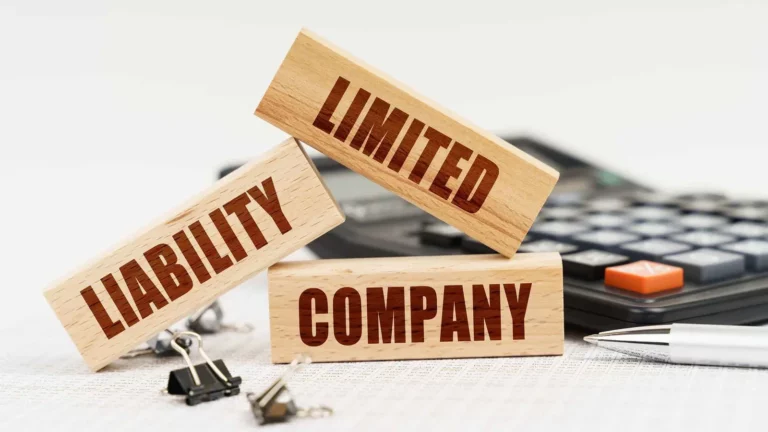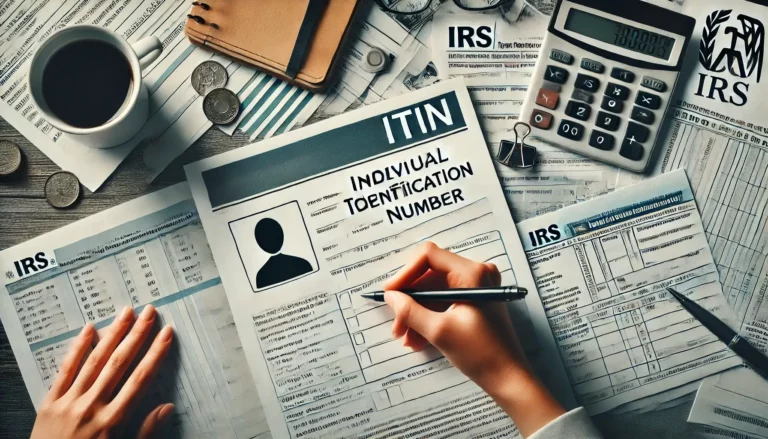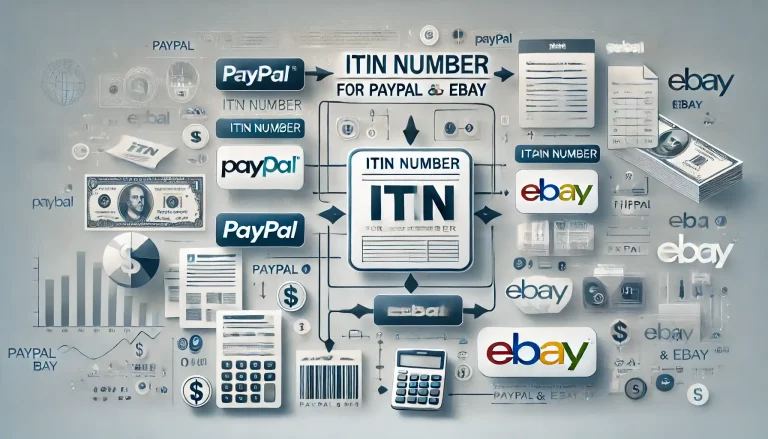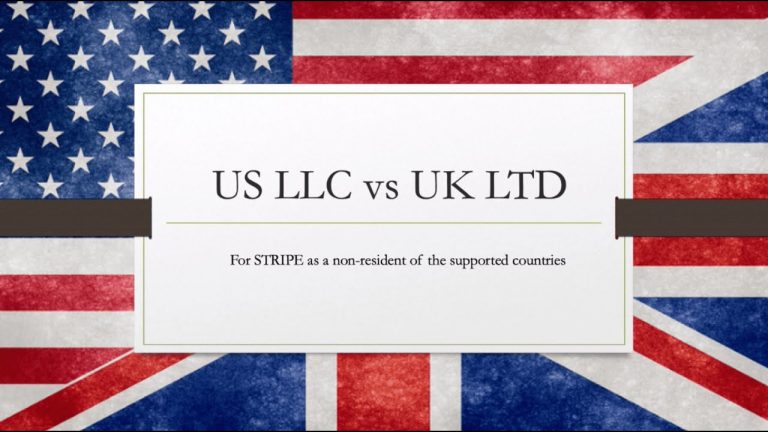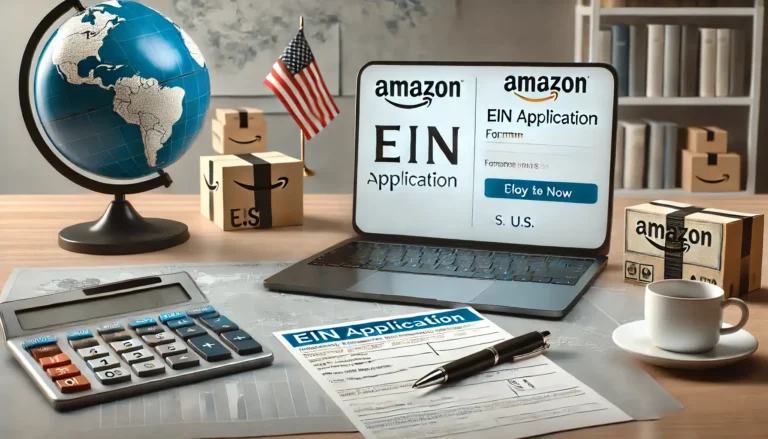Open a US Bank Account with an ITIN for Non-Residents
Opening a bank account in the United States is a crucial step for managing business operations, especially if you are establishing a company in the US. While you may be required to open a US bank account as part of the business setup process, it’s important to navigate this correctly to avoid any legal issues.
In many cases, attempting to open a US bank account on your own as a non-resident can lead to difficulties, and the account may be flagged and closed by authorities. However, by following the proper procedures and meeting specific requirements, such as using an ITIN (Individual Taxpayer Identification Number), non-residents can successfully open an account.
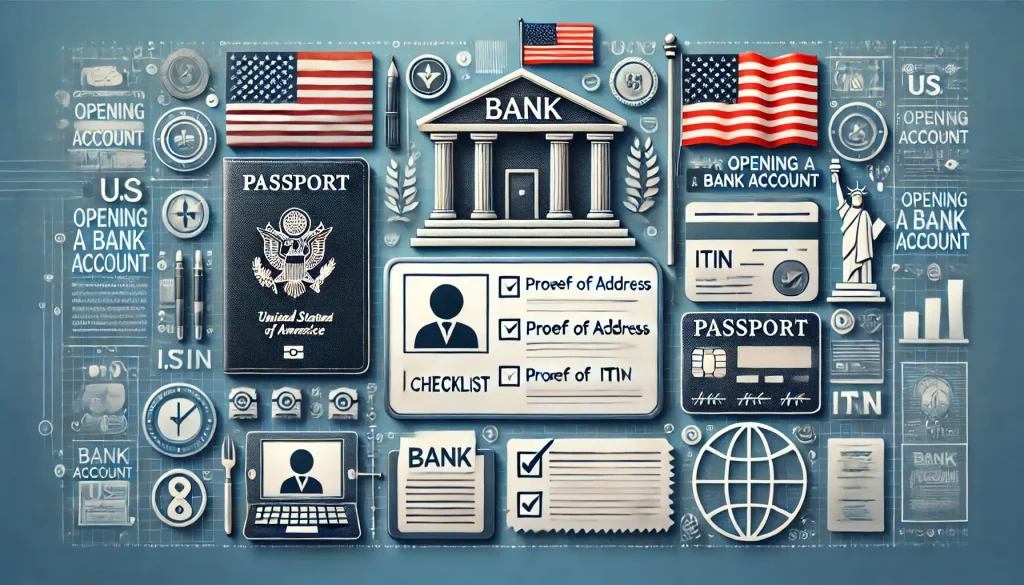
Requirements for Opening a Bank Account in the US
- Proof of Address To open a bank account, you’ll need to provide proof of a US address. This is a critical requirement and often challenging for non-residents. However, working with a Registered Agent can help streamline the process, as they can assist in fulfilling these legal and administrative requirements on your behalf.
- ITIN (Individual Taxpayer Identification Number) The ITIN is essential for non-residents looking to open a bank account in the US. This number, issued by the IRS, is used for tax purposes by individuals who are not eligible for a Social Security Number (SSN). Many US banks will allow non-residents to open accounts with an ITIN instead of an SSN.
Why You Should Obtain an ITIN
An ITIN allows you to engage with the US financial system, particularly when you don’t qualify for a Social Security Number. Here’s why it’s important:
- Tax Filing: If you’re doing business or earning income in the US, you’ll need to file taxes, and an ITIN allows you to do that.
- Banking: Certain banks allow non-residents to open accounts using an ITIN, providing an essential tool for managing US-based business activities.
- Business Operations: For those looking to incorporate a company in the US, an ITIN is often required to handle financial transactions, pay bills, and receive payments.
Who Needs an ITIN?
- Non-US residents who are starting a business in the US
- Individuals not eligible for an SSN
- Entrepreneurs without permanent residency in the US but looking to operate a business within the country
By obtaining an ITIN, non-residents can successfully overcome the hurdles of opening a US bank account, ensuring that they can legally and efficiently manage their business operations.
Conclusion
Opening a US bank account as a non-resident may seem challenging, but it is entirely possible with the right approach. By obtaining an ITIN (Individual Taxpayer Identification Number) and meeting other key requirements, such as providing proof of a US address, non-residents can open a US bank account and manage their business transactions efficiently. Working with registered agents can simplify the process, ensuring compliance with US regulations. An ITIN serves as a vital tool for non-residents who need to engage in the US financial system, allowing them to handle banking, tax filing, and business operations without the need for a Social Security Number.
FAQs: Opening a US Bank Account with an ITIN for Non-Residents
Can non-residents open a US bank account?
Yes, non-residents can open a US bank account, but they must meet certain requirements, such as having an ITIN (Individual Taxpayer Identification Number) and providing proof of a US address. Working with a registered agent can also help facilitate the process.
What is an ITIN?
An ITIN (Individual Taxpayer Identification Number) is a tax processing number issued by the IRS for individuals who are not eligible for a Social Security Number (SSN) but need to file US taxes. It is essential for non-residents who wish to open a US bank account.
Why do non-residents need an ITIN to open a bank account?
Since non-residents typically do not qualify for a Social Security Number (SSN), an ITIN serves as a substitute for identification and tax reporting purposes, allowing them to open a bank account in the US and conduct financial transactions.
Can I use my ITIN instead of an SSN to open a bank account?
Yes, many US banks accept ITINs as a substitute for SSNs when opening a bank account. However, not all banks offer this option, so it’s important to check with the bank in advance.
What are the benefits of opening a US bank account as a non-resident?
Opening a US bank account offers several benefits, including:
– Managing business finances within the US
– Receiving and sending payments in US dollars
– Simplifying tax filings and company transactions
– Establishing credibility for your business in the USWhat documents are required to open a US bank account as a non-resident?
Typically, you’ll need the following documents:
– Proof of a US address
– A valid ITIN
– Identification (passport or national ID)
– Business documentation if you’re opening a business accountHow do I get an ITIN?
You can apply for an ITIN through the IRS by submitting Form W-7. Some banks or registered agents also provide assistance with ITIN applications.
Is it possible to open a US bank account without being physically present in the US?
Yes, some banks and registered agents offer services that allow non-residents to open bank accounts remotely. However, the process may vary depending on the bank’s policies and whether they allow international applicants.
Will my US bank account be closed if I don’t meet the legal requirements?
Yes, if you open a US bank account without meeting the necessary legal requirements, such as using a valid ITIN, the authorities may detect the account and close it.
What role does a Registered Agent play in opening a US bank account for non-residents?
A Registered Agent can assist non-residents by providing a legal US address, helping with the ITIN application process, and guiding you through the steps of opening a bank account, ensuring compliance with US regulations.

